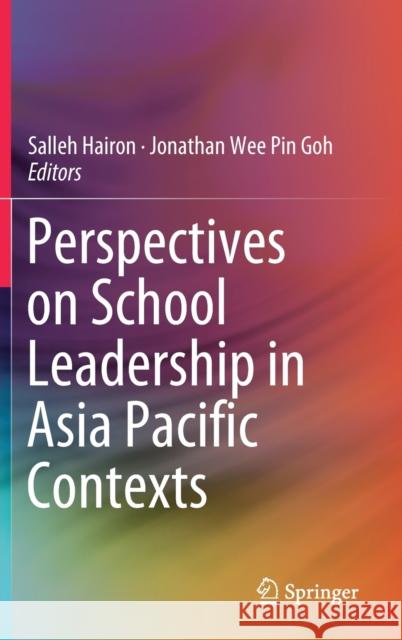Perspectives on School Leadership in Asia Pacific Contexts » książka
topmenu
Perspectives on School Leadership in Asia Pacific Contexts
ISBN-13: 9789813291584 / Angielski / Twarda / 2019 / 175 str.
Kategorie:
Kategorie BISAC:
Wydawca:
Springer
Język:
Angielski
ISBN-13:
9789813291584
Rok wydania:
2019
Dostępne języki:
Ilość stron:
175
Waga:
0.44 kg
Wymiary:
23.39 x 15.6 x 1.27
Oprawa:
Twarda
Dodatkowe informacje:
Wydanie ilustrowane











